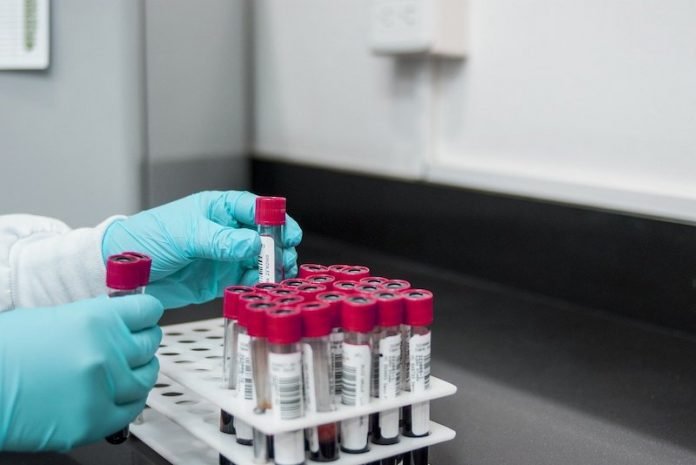
Antibodies and T cells are components of the human immune system that directly act against viral infections and eliminate infected cells.
In a new study, researchers found that an early presence of SARS-CoV-2-specific T cells in COVID-19 is likely to prevent severe disease.
The finding has important implications for the clinical management of COVID-19 patients.
The research was conducted by a team from Duke-NUS Medical School.
Humoral and cellular adaptive immunity are two immune mechanisms that act against pathogens.
Humoral immunity is mediated by antibodies, while cellular immunity does not involve antibodies and is instead facilitated by T cells.
Studying how these immune mechanisms mediate SARS-CoV-2 infections could be beneficial in controlling the progression of the disease.
In the study, the team examined the changes in 12 patients with symptomatic acute SARS-CoV-2 infection from the onset of the disease to recovery or death.
They found that patients who controlled COVID-19 infection with only mild symptoms showed an early induction of SARS-CoV-2-specific T cells.
The amount of humoral response, however, does not predict the level of COVID-19 disease severity.
The finding supports the idea that SARS-CoV-2-specific T cells play an important role in the rapid control of viral infection and eventual clearance of the disease.
The team says it is time that T cell monitoring should be considered in providing a comprehensive understanding of the immune response against SARS-CoV-2.
This would also mean that a vaccine will likely be more effective if a holistic induction of both antibodies and T cells occurs.
The team is now studying more symptomatic COVID-19 patients with varying disease severity to further validate their findings.
One author of the study is Dr. Anthony Tanoto Tan.
The study is published in Cell Reports.
Copyright © 2021 Knowridge Science Report. All rights reserved.



